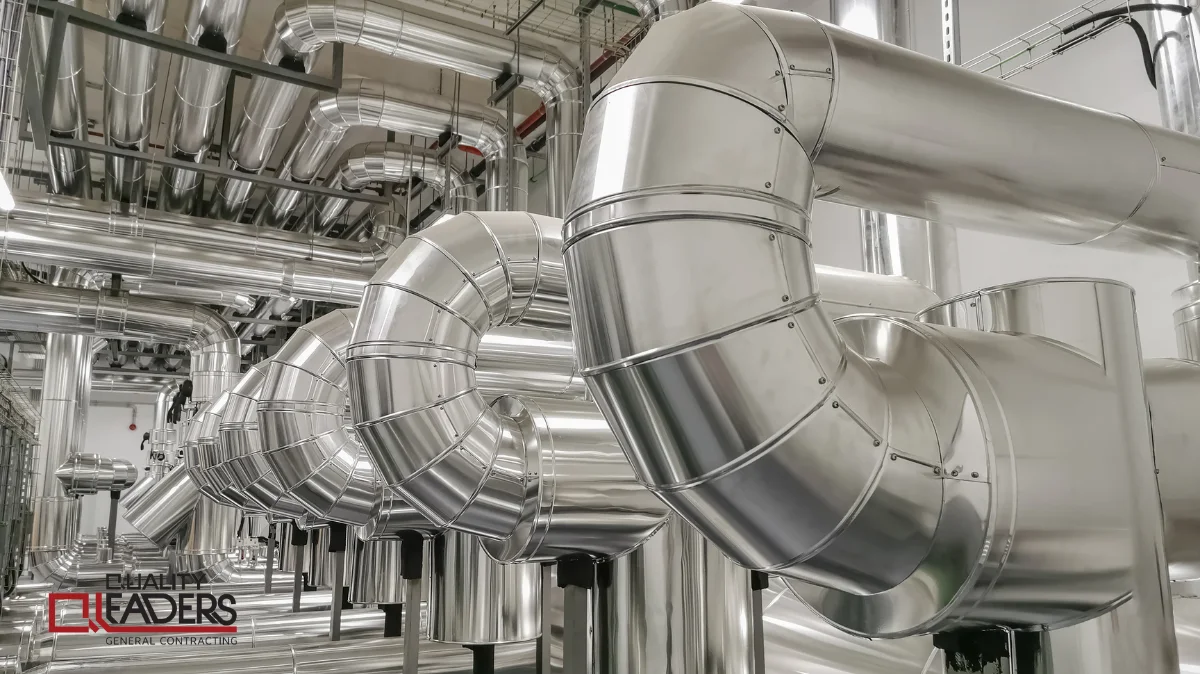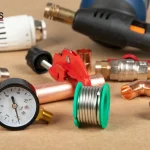Blog
- Home
- News & Article
- How Do HVAC Systems Work and What Does HVAC Stand For?
How Do HVAC Systems Work and What Does HVAC Stand For?

HVAC (Heating, Ventilation, and Air Conditioning) systems are crucial in maintaining comfortable indoor environments in residential, commercial, and industrial settings. Understanding how these systems work and what they entail is essential for ensuring optimal comfort and efficiency.
Understanding HVAC: What Does HVAC Stand For?
HVAC stands for Heating, Ventilation, and Air Conditioning. It encompasses a range of systems and technologies designed to regulate indoor temperature, humidity, and air quality to create comfortable and healthy living and working environments.
Components of an HVAC System
An HVAC system consists of three main components:
- Heating: Responsible for warming the indoor air during cold weather.
- Ventilation: Involves exchanging indoor and outdoor air to maintain fresh air circulation.
- Air Conditioning: Controls indoor temperature and humidity levels by cooling the air during hot weather.
How Do HVAC Systems Work?
Heating Process:
During cold weather, the heating component of an HVAC system activates to warm the indoor air. This can be achieved through various methods, including furnaces, boilers, or heat pumps, which extract heat from external sources and distribute it throughout the building.
Ventilation Process:
The ventilation ensures proper air circulation by exchanging stale indoor air with fresh outdoor air. This process helps remove pollutants, allergens, and excess moisture from the indoor environment, promoting better air quality and reducing the risk of indoor air pollution-related health issues.
Air Conditioning Process:
When temperatures rise, the air conditioning component of an HVAC system kicks in to cool the indoor air. This is typically achieved through refrigeration cycles, where heat is extracted from the indoor air and transferred outside, resulting in more relaxed and comfortable indoor temperatures.
Types of HVAC Systems
There are several types of HVAC systems available, including:
- Split Systems: Comprising separate units for heating and cooling, connected by ductwork.
- Packaged Systems: Compact units that contain all components in a single cabinet, ideal for smaller spaces.
- Hybrid Systems: Combining split and packaged systems elements for enhanced efficiency and flexibility.
Importance of Proper HVAC Maintenance
Regular maintenance is essential for ensuring HVAC systems’ optimal performance and longevity. This includes tasks such as filter replacement, duct cleaning, and inspection of components to identify and address any issues before they escalate.
Energy Efficiency and Cost Savings
Investing in energy-efficient HVAC systems can lead to significant cost savings over time by reducing energy consumption and utility bills. Modern HVAC technologies, such as programmable thermostats and variable-speed motors, help optimize energy usage and minimize waste.
Common HVAC Problems and Solutions
Despite their importance, HVAC systems can experience issues from time to time. Common problems include inadequate heating or cooling, poor airflow, and thermostat malfunctions. These issues can often be resolved through routine maintenance, professional repairs, or system upgrades.
Conclusion
In conclusion, HVAC systems are vital in maintaining comfortable and healthy indoor environments. Homeowners and businesses can ensure optimal performance, energy efficiency, and cost savings by understanding how these systems work and implementing proper maintenance practices.
Latest News & Post

- 05 September
- 0 Comments

- 17 November
- 0 Comments

- 06 November
- 0 Comments

- 28 October
- 0 Comments

